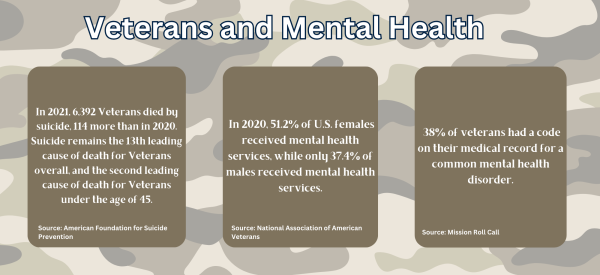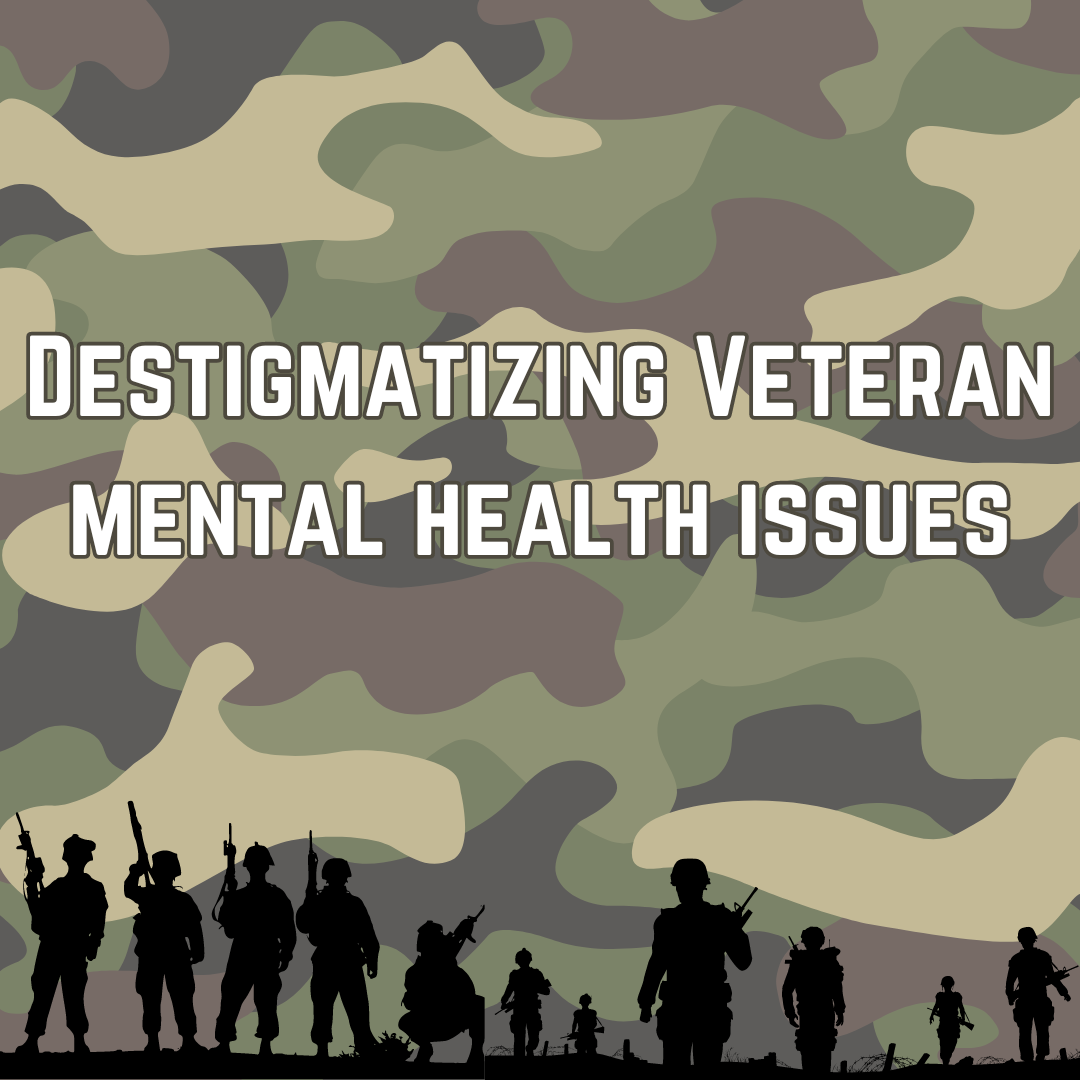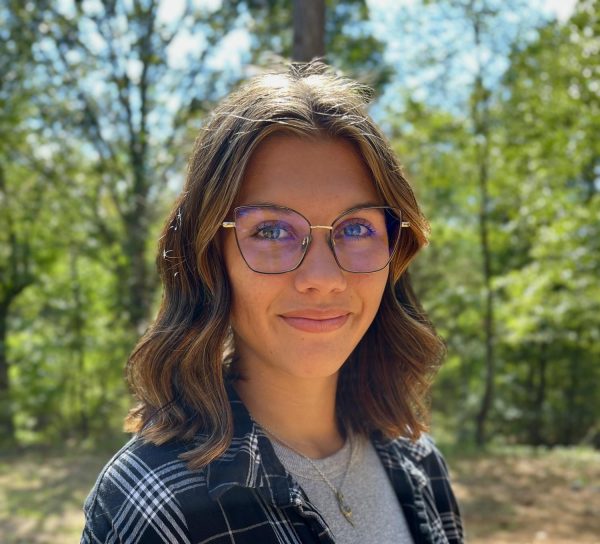Discussions surrounding mental health have become more common in recent years. Resources have increased among various groups, such as workplaces and universities, but while negative stereotypes have decreased among some groups, others still face challenges in addressing mental health concerns.
Marshall Hayes, veteran and military student success coordinator, is a U.S. Army veteran who promotes mental health resources at the University. To Hayes, mental health is a foundation of life.
“If life is a three-legged stool, definitely one of the legs is going to be mental health,” he said. “Physical health has obviously got something to do with it and the community in which we live in provides some of that support as well. Mental health is critical to our resilience, and if we don’t develop good practices, then our entire life is going to suffer as a result.”
Negative stereotypes have always surrounded the topic of mental health issues, especially when it comes to veterans. Post-Traumatic Stress Disorder (PTSD) is most associated with veterans when it comes to mental health issues. According to the U.S. Department of Veterans’ Affairs, 7 out of every 100 veterans (7%) will have PTSD.

Hayes said being in the military typically comes with the association of having PTSD.
“Not only is that not necessarily true, (but) what we stereotypically think of (as) PTSD is not necessarily realistic,” Hayes said. “(It’s stereotypical to think) People with PTSD are freaking out and acting psychotic, and that’s just not typically happening. More often in severe cases of PTSD, they are more of a danger to themselves. PTSD is important to focus on, but society has no business stereotyping individuals, or in most cases, it’s not their business.”
When Hayes first came to Calloway County, it was evident there was a shortage of veteran-specific resources available given the rural area and smaller population. Hayes was able to start up a veterans’ coalition locally and bring some more resources.
“They can pay back rent, pay your mortgage if there’s a real need… They can even help you catch up on child support,” Hayes said. “(Salvation Army and Veterans of America) are those two organizations that have the state grant. If they can’t do it, then they’re going to direct you to someone else. Our coalition has about 30 different organizations that are members, and they may not be here in Murray, but they are within the region.”
Hayes said Murray State does a wonderful job providing mental health care for the campus community.
“We also have the counseling services that are through (the psychology department), and a number of their masters students are working as interns,” he said. “Not only is it available to students, but it’s available to their families in the area or anybody in the area.”
While there are resources available for public use, it can be hard to know how to help someone who is struggling with their mental health. Hayes said he recommends just starting a conversation.
“Be present and ask questions,” he said. “If someone seems like they’re not (doing well), ask them, ‘Are you okay?’ or ‘Are you going to hurt yourself?’. It’s going to be uncomfortable and awkward, but it’s a lot better to ask the question and let them know you care.”
Hayes discussed how dealing with the VA can be frustrating, but there is someone who can help in the end.
“Everyone who is in the military and has separated from the military, as soon as you are associated with the VA, you are assigned a social worker,” he said. “A lot of people don’t know they have this social worker, and this social worker may never contact you because they have around 2,000 people that are assigned to them. If you really need them, you (can) call and find out who your social worker is, contact them and then things will start happening.”
If you need counseling services, the counseling center is located in the Oakley Applied Science building in Suite 104. If you are a veteran, visit the Veteran and Military Student Success office in Blackburn Suite 456.




























































































